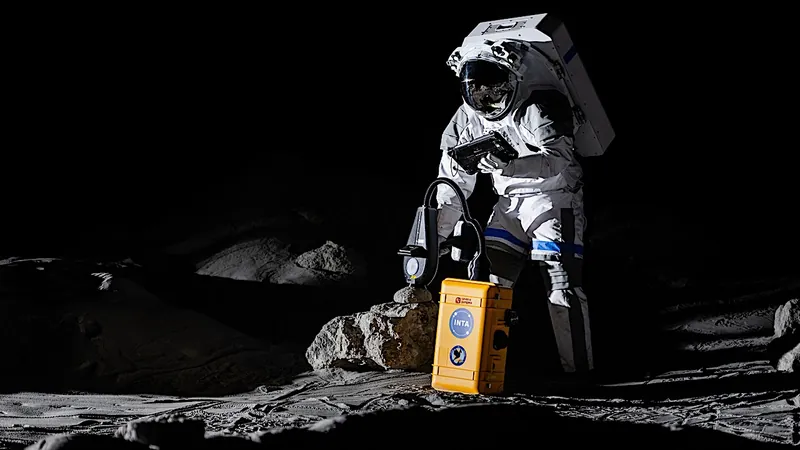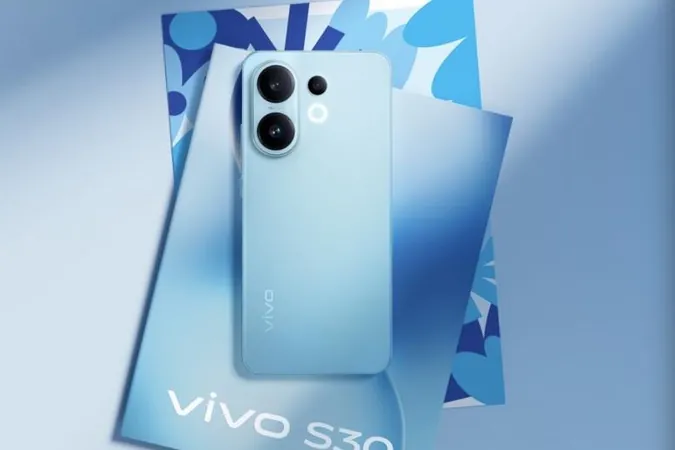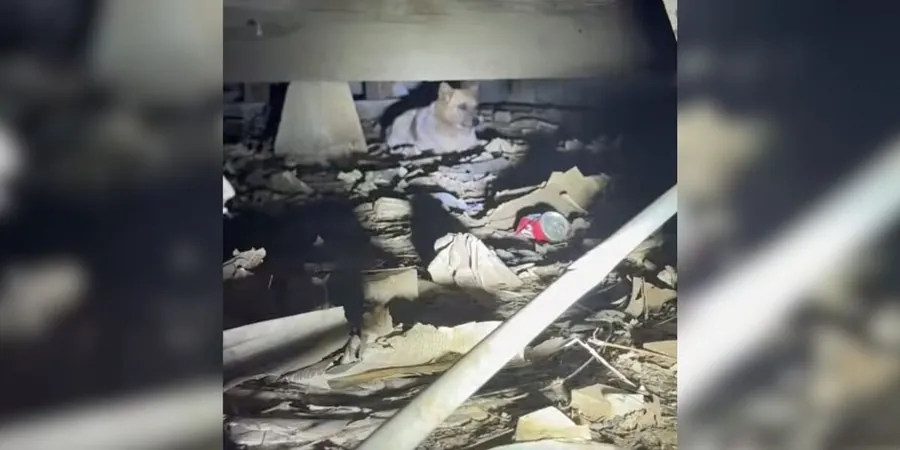
Unlocking Lunar Secrets: Revolutionary Tricorder Technology Tested for Space Missions
2025-04-18
Author: Sarah
Pioneering Tech for Lunar Exploration
In an exciting leap towards lunar exploration, scientists have launched the groundbreaking PHOENIX instruments designed to analyze the Moon's surface like never before. During a recent rehearsal, researchers tested these high-tech tools in a simulated lunar environment, focusing on the composition of regolith—the Moon's dust, soil, and rock.
Empowering Astronauts and Robots
These innovative instruments promise to revolutionize future missions by enabling real-time geological analysis. Astronauts will be able to make swift decisions on sample collection, while robots will autonomously identify resources on the Moon, Mars, and beyond!
Collaboration Drives Innovation
Experts from the European Space Agency (ESA) have emphasized the importance of cutting-edge tools for enhancing the productivity of astronauts during lunar fieldwork. In response, a dynamic collaboration between industry and research institutions has brought the PHOENIX project to life—a suite of portable instruments capable of simultaneous mineral and elemental analysis.
How PHOENIX Works
The PHOENIX instruments utilize a mix of advanced analytical techniques, including Raman spectroscopy and laser-induced breakdown spectroscopy, to dissect materials at an atomic level. Equipped with a camera and wireless communication capabilities, scientists can visualize and interpret data in real-time, further enhancing their exploration efforts.
Lessons from Mars—Expert Feedback
Drawing on expertise from the ExoMars mission, which features a similar spectrometer on the upcoming Rosalind Franklin rover, the trials at LUNA aimed to test usability under realistic conditions. ESA astronaut Matthias Maurer provided invaluable feedback, helping engineers refine the tools for astronaut use in the harsh lunar environment.
A Dual Purpose—Earth and Beyond
The applications of PHOENIX extend well beyond space exploration. This technology can transform geological research on Earth and provide critical solutions for quality control in industries such as pharmaceuticals and food, as well as enhancing archaeological studies and even aiding criminal investigations.
A Global Effort for Future Missions
The international consortium behind the PHOENIX instruments, led by Spain's Instituto Nacional de Técnica Aeroespacial and including partners like the University of Leicester and Mission Control Space Services in Canada, is committed to extensive testing and validation. Insights gained from these trials will enhance the instruments in preparation for the Moon and Mars missions.
A Technological Frontier Awaits
As we stand on the brink of a new era in space exploration, the innovations brought by the PHOENIX project are set to unlock the mysteries of the Moon and other celestial bodies. With each test, we inch closer to making deep space a new frontier for humanity!





 Brasil (PT)
Brasil (PT)
 Canada (EN)
Canada (EN)
 Chile (ES)
Chile (ES)
 Česko (CS)
Česko (CS)
 대한민국 (KO)
대한민국 (KO)
 España (ES)
España (ES)
 France (FR)
France (FR)
 Hong Kong (EN)
Hong Kong (EN)
 Italia (IT)
Italia (IT)
 日本 (JA)
日本 (JA)
 Magyarország (HU)
Magyarország (HU)
 Norge (NO)
Norge (NO)
 Polska (PL)
Polska (PL)
 Schweiz (DE)
Schweiz (DE)
 Singapore (EN)
Singapore (EN)
 Sverige (SV)
Sverige (SV)
 Suomi (FI)
Suomi (FI)
 Türkiye (TR)
Türkiye (TR)
 الإمارات العربية المتحدة (AR)
الإمارات العربية المتحدة (AR)